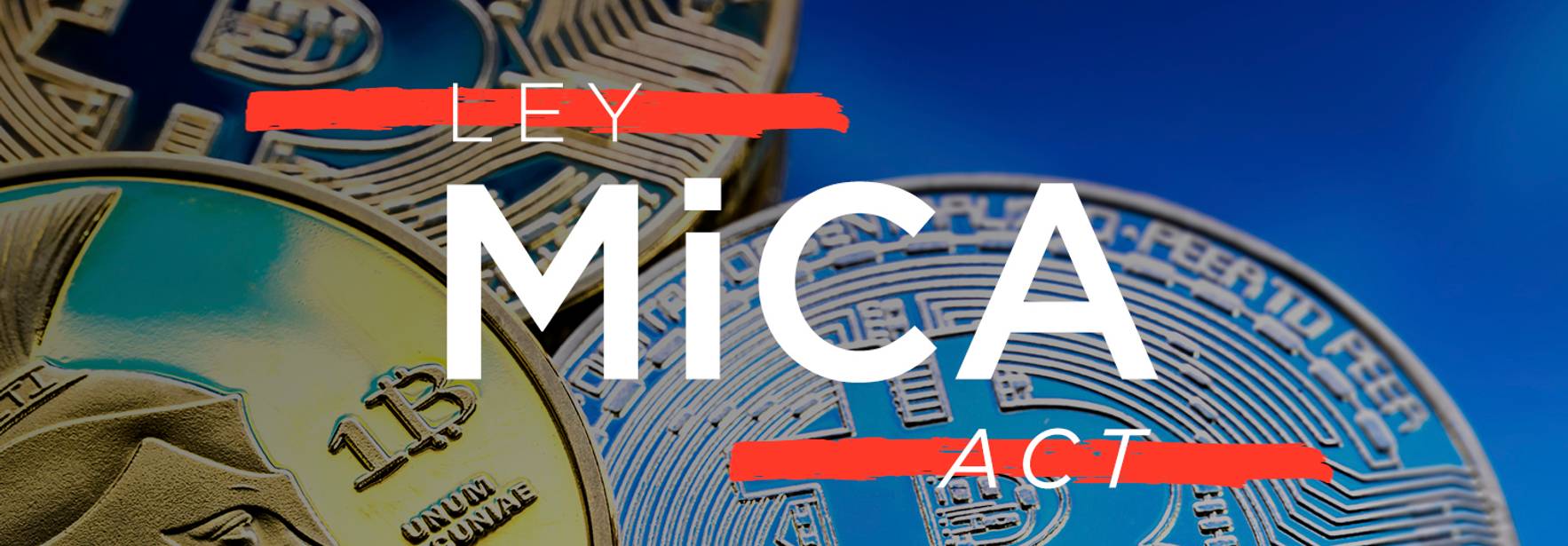MiCa Act: Europe agrees on landmark cryptocurrency regulations
The future law, which will set the standard for other countries, seeks to protect investors, and establish rules for stablecoin issuers.On June 30, 2022, in Brussels, after two years of debates, the legislators of the European Union, the European Commission and the Member States reached a provisional political agreement on the content of the legislation (the "Legislation") on crypto assets and their providers.
This agreement, which is considered historic due to its significance, comes a day after the talks on the need to end money laundering in the cryptocurrency’s ecosystem within the European bloc. This agreement on the Legislation coincides with turbulent times in the digital assets market, as it is going through a bear market.
- Essential content of the Legislation
The Legislation is known as "MiCA" (Cryptoactive Markets). Its purpose: to simplify the cryptocurrency market, including the innovative "stablecoins” which are cryptocurrencies tied to the value of currencies such as the dollar, the euro, or linked to other assets such as commodities.
In accordance with the Legislation, the issuers, and providers of cryptoactive services will be subject to strict requirements in order to guarantee the protection of consumers. The Legislation also regulates environmental issues (energy consumption, for example) in relation to the matter of cryptocurrencies.
The Legislation obliges stablecoin issuers to set up special reserves. Likewise, such stablecoins and their issuance will be supervised by the European Banking Authority (EBA).
The Legislation establishes that cryptoactive service providers need to obtain authorization from the competent authorities to operate in the European Union. The respective authorities must issue such authorizations within three months.
- The non-fungible tokens’ (NFT) case
It is important to note that non-fungible tokens (NFTs), which represent ownership of digital assets such as works of art, were excluded from the scope of the Legislation. In this context, the European Commission shall have to determine in the coming year which legal regime will be applicable to NFTs.
- Conclusion
The European legislator who led the negotiations on behalf of the European Parliament stated the following, in view of the above cited agreement reached on June 30, 2022: "Today, we bring order to the 'wild west' of crypto assets and establish clear rules for a harmonized market which will provide legal certainty for issuers of crypto assets, guarantee equal rights for service providers, and ensure high standards for consumers and investors".
The Legislation undoubtedly entails an important step in the comprehensive regulation of cryptocurrencies in the European Union, and sets the standard for other nations and blocks of countries to focus on establishing legislation on this crucial matter, for the sake of legal security for all involved: consumers, issuers, service providers, investors, etc.
The political agreement will be formally approved shortly in order for the text of the Legislation to be published in the Official Gazette of the European Union. There will be a transition period for the adoption of the new rules contained in the Legislation. The Legislation is expected to enter into force at the end of 2023, or at the latest in 2024.
TMT Area
socios.mexico@ecija.com
(+52 55) 56 62 68 40
www.ecija.com
